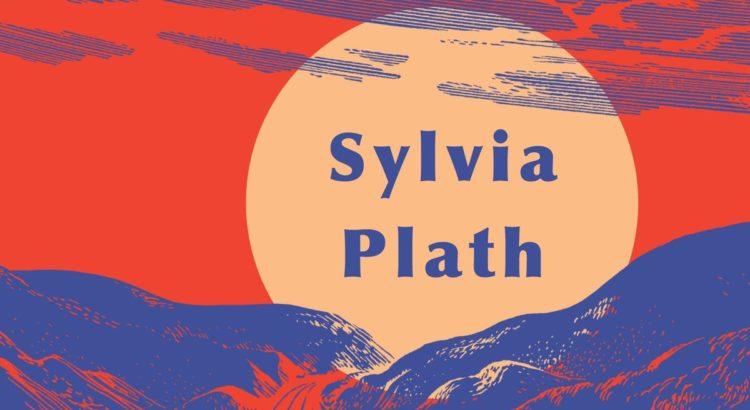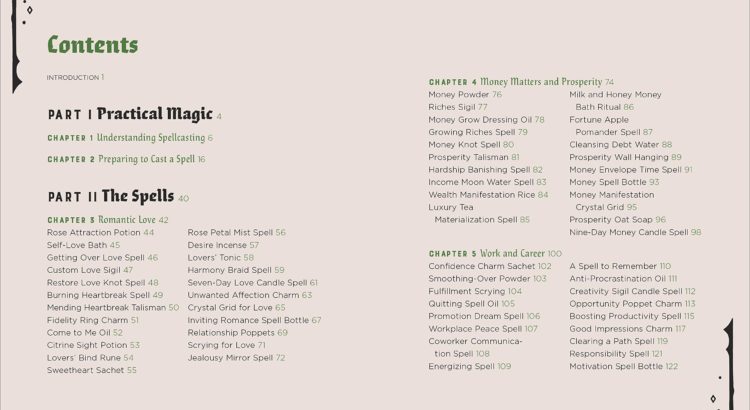“I’m not asking for too much/I’m asking the wrong motherfucker
Just ’cause we’re in love/Doesn’t mean that we’re right for each other”
Alina Baraz croons this out of pure self-love in “To Me”, the emotional turning point of her masterful debut studio album, It Was Divine. If emotive self-transformation were a sprawling mansion, It Was Divine would be the blueprint – each track is an artfully composed mood in itself, while the album narrates a tumultuous relationship from start to finish.
Baraz introduces her R&B-soul dreamscape with “My Whole Life”, a romantic carpet-ride of a song that perfectly encapsulates the overwhelming wonder of finding ‘the one’. Backed by romantic string instrumentals, Baraz repeatedly choruses: “I can see my whole life when I’m with you”, as if transfixed by the extent to which she can imagine the entirety of their joint futures. From this track onwards, Baraz constructs a spitting musical image of early relationship paradise: songs in the album’s first half are lush with motifs like vibrant sunsets, distinctive perfumes, and lavish resorts. “Off the Grid” featuring Khalid reflects the effortless nature of being comfortably in-tune with one’s lover – Baraz and Khalid sing promises like “Say the word and you know I’ll follow/Off the grid in the El Dorado/Could be nice in the summertime/We could sit inside, in the silence”. According to an Apple Music interview, Baraz describes their frequent collaboration as “effortless” and “in sync”, as the song’s infectiously vibe-able chorus suggests.
“Can’t keep makin’ a home out of you/Just ’cause you’re asking me to
I’m not asking for too much (Can we do it over?)”
“To Me” and its subsequent interlude, “Memo Blue”, effectively transition the tone of It Was Divine from hopelessly-in-love to reprocessing love as an independent emotion. “Memo Blue” resembles an immersive ASMR experience – the plinking of piano keys awakens Baraz from her rosy paradisal getaway, followed by soul-searching lines “I can only meet you as deep as you have met yourself/I can only reach you from where you are”. Baraz follows these important realizations with the hypnotic “Who Got Me”, a song of pure self-love featuring springy drum beats and Baraz’s distinctive, ethereal warble. By the song’s third verse, Baraz seems to transcend any doubt expressed by “Who got me like I do/When all of this is through”. The instrumentals recede while her voice, a born-again bird surging towards the sky, swells into a higher key.
It’s only fitting that Baraz ends It Was Divine with “The Beginning”; the album commands a similar regenerative power that reflects Baraz’s intent to introduce a new chapter into her music. This album is pure, unadulterated art, and Baraz’s ‘divine’ energy ties the work together with not a song out of place. I would highly recommend adding It Was Divine to your music libraries and watching its superbly aesthetic lyric videos on Youtube.









